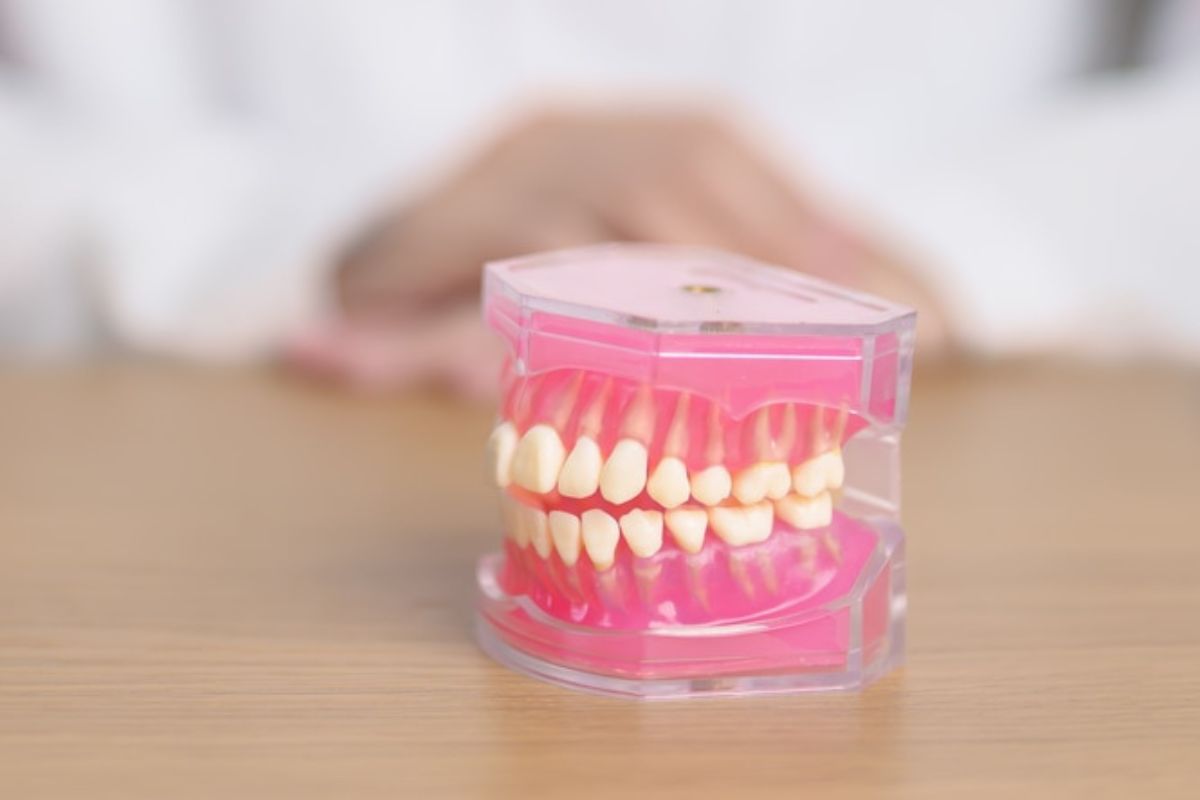A cracked tooth can be a painful and worrisome issue. Whether it’s caused by an accident, grinding your teeth, or biting down on something hard, cracks in your teeth are not uncommon. While dental treatments like crowns, fillings, or root canals are often necessary for severe cases, there are natural remedies that can alleviate discomfort and promote healing.
This blog will guide you through how to naturally address a cracked tooth, including ways to reduce pain, prevent infection, and protect the damaged tooth until you can see a dentist.
Understanding a Cracked Tooth
Before exploring natural remedies, it’s essential to understand the types of cracks and their severity.
Types of Tooth Cracks
- Craze Lines
- These are small, superficial cracks that only affect the enamel. They are usually harmless and don’t require professional treatment.
- Cracked Tooth
- This crack extends from the surface toward the root but hasn’t split the tooth into separate parts. Immediate care is often needed to prevent further damage.
- Split Tooth
- A severe crack that divides the tooth into two distinct parts. This usually requires extraction or extensive dental treatment.
- Fractured Cusp
- A crack around a dental filling. While less painful, it still requires attention to prevent further damage.
Identifying the type of crack helps you determine whether natural remedies will suffice or if professional intervention is required.
Natural Remedies to Address a Cracked Tooth
If your cracked tooth is mild or you need temporary relief before visiting a dentist, try these natural approaches.
1. Rinse with Saltwater
Saltwater is a natural disinfectant that can reduce inflammation and prevent infection. To use this remedy:
- Mix ½ teaspoon of salt in a glass of warm water.
- Swish it around your mouth for 30 seconds and spit it out.
- Repeat two to three times a day.
2. Apply Clove Oil
Clove oil has natural analgesic and antibacterial properties that can soothe pain and protect the cracked tooth from infection.
- Dab a cotton ball with a small amount of clove oil.
- Gently apply it to the cracked tooth.
- Avoid swallowing the oil and repeat as needed.
3. Use Garlic Paste
Garlic contains allicin, a compound with antibacterial and anti-inflammatory properties. It can help alleviate pain and prevent infection.
- Crush a clove of garlic into a paste.
- Apply the paste directly to the cracked tooth.
- Leave it on for 10 minutes before rinsing with warm water.
4. Turmeric Paste
Turmeric is known for its anti-inflammatory and antibacterial properties.
- Mix turmeric powder with water or coconut oil to form a paste.
- Apply the paste to the cracked tooth and let it sit for a few minutes.
- Rinse thoroughly with water.
5. Chew on Guava Leaves
Guava leaves have natural antimicrobial and anti-inflammatory properties.
- Wash a few guava leaves and chew them gently.
- Alternatively, you can boil guava leaves to make a mouth rinse.
6. Ice Pack for Pain Relief
If your cracked tooth is causing swelling or pain, an ice pack can help reduce inflammation and numb the area.
- Wrap ice cubes in a cloth.
- Apply it to the cheek near the cracked tooth for 10–15 minutes.
7. Avoid Hard or Sticky Foods
While managing your cracked tooth naturally, avoid eating foods that could worsen the crack, such as nuts, hard candies, or sticky toffees.
When to Seek Professional Help
While natural remedies can provide temporary relief, it’s crucial to consult a dentist if:
- The crack causes severe pain or sensitivity.
- You notice signs of infection, such as swelling, pus, or a foul taste in your mouth.
- The tooth is visibly split or the crack extends to the gum line.
Ignoring a cracked tooth can lead to further complications, including tooth loss or the need for more invasive dental procedures.
Tips to Prevent Cracked Teeth
Preventing tooth cracks is always better than treating them. Here are a few tips to protect your teeth:
- Avoid Biting Hard Objects: Refrain from chewing ice, hard candy, or other hard substances.
- Wear a Mouthguard: If you grind your teeth or play sports, wear a custom-fitted mouthguard to prevent damage.
- Maintain Good Oral Hygiene: Brush and floss regularly to keep your teeth healthy and strong.
- Visit Your Dentist Regularly: Routine dental checkups can catch small issues before they become severe.
Can a Cracked Tooth Heal Naturally?
It’s important to note that while these natural remedies can alleviate symptoms and promote oral health, they cannot repair the structure of a cracked tooth. Teeth do not have the ability to heal themselves like bones do. Therefore, professional dental treatment is often necessary to restore the integrity of the tooth.
Final Thoughts
A cracked tooth can cause discomfort and anxiety, but with proper care and natural remedies, you can manage the situation temporarily. Remedies like saltwater rinses, clove oil, and turmeric paste can help soothe pain and protect against infection. However, these solutions are not a substitute for professional dental care.
If you’re dealing with a cracked tooth, it’s crucial to consult an experienced dentist to assess the damage and recommend the best treatment plan. For residents in Denver, seeking a reliable Denver Dentist will ensure your oral health is in expert hands.





Comments